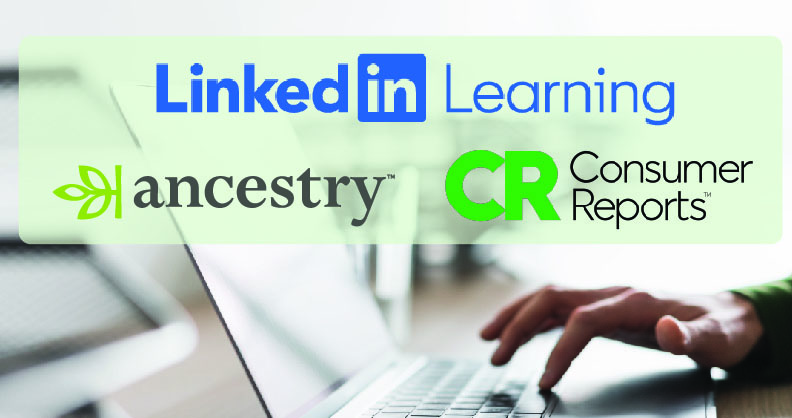Mental Health in YA
by Grace Benedick, Teen Services Librarian
If you have any affiliation with Kansas State University, the following title may be familiar to you by now: “Darius the Great is Not Okay,” by Adib Khorram is the Kansas State Book Network choice for the 2019-2020 academic year. Written by a Kansas City author, the book follows Darius, an Iranian-American teen, as he navigates clinical depression, visits Iran for the first time, and has the life-changing experience of making a friend who truly sees him. The book explores multiple themes, but mental health is a major focus. Mental health is a subject that is rife with stigma and misunderstandings that can make it difficult for young people to find the support and help that they need. In light of that, we are working to expand our collection of young adult nonfiction that addresses mental health in some way. Today, I am sharing a few titles from our collection.
In the past year, two anthologies on mental health written by young adult authors were released. The first, “Life Inside My Mind: 31 Authors Share Their Personal Struggles,” edited by Jessica Burkhart, includes essays by some very popular authors, including Ellen Hopkins and Lauren Oliver. The recommended resources at the back are limited, including only three websites and a hotline. The collection has a simple goal: the authors just want to let teens know that they are not alone.
The second anthology, “(Don’t) Call Me Crazy: 33 Voices Start the Conversation About Mental Health,” edited by Kelly Jensen, includes pieces by authors and celebrities, such as Libba Bray, Adam Silvera, Meredith Russo, and Kristen Bell. This volume has a variety of work, with essays, poems, and comics. The goal is slightly higher here, as the authors wish to reach a wider audience than just the reader, by giving readers the tools to bring the subject of mental health up with others. Consequently, the resource list at the back of this book does not skimp, giving options for different ways to foster conversation about mental health. It has the requisite non-fiction, hotlines, and websites, putting teens in touch with help and reference material, as well as listing young adult fiction and films that could serve as an opening to talk about mental health in a group.
While the anthologies cover a broad range of mental health experiences, there are also books that are more specific. According to the U.S. Department of Health & Human Services, 13.3% of youth between the ages of 12 and 17 experienced at least one major depressive episode in 2017. “Depression: a Teen’s Guide to Survive and Thrive,” by Jacqueline B. Toner, PhD and Claire A.B. Freeland, PhD is an example of a book designed to help teens address a specific mental health challenge. This slim book is a product of the American Psychological Association. The first part of the book is accessible explanations to give teens the context they need to understand depression. It includes guidance on finding appropriate help, describes what therapy is like, and what teens can expect if they choose to visit a therapist. The authors write from the perspective of cognitive therapy, and the bulk of the book focuses strongly on giving teens a variety of coping mechanisms to help alleviate symptoms of depression.
All the titles reviewed in this column can be found in our young adult collection, which is housed on the second floor of Manhattan Public Library. If you wish to browse non-fiction for mental health books, start at the Dewey call number 616.85 and 616.89. If you’re interested in finding more young adult fiction addressing mental health, see the resources list in “(Don’t) Call Me Crazy,” edited by Kelly Jenson, or chapter six of “Better with Books,” by Melissa Hart, a title released this fall which lists fiction for pre-teens and teens by topics such as adoption and foster care, body image, immigration, learning challenges, race and ethnicity, and more. And of course, you can always ask a librarian!

